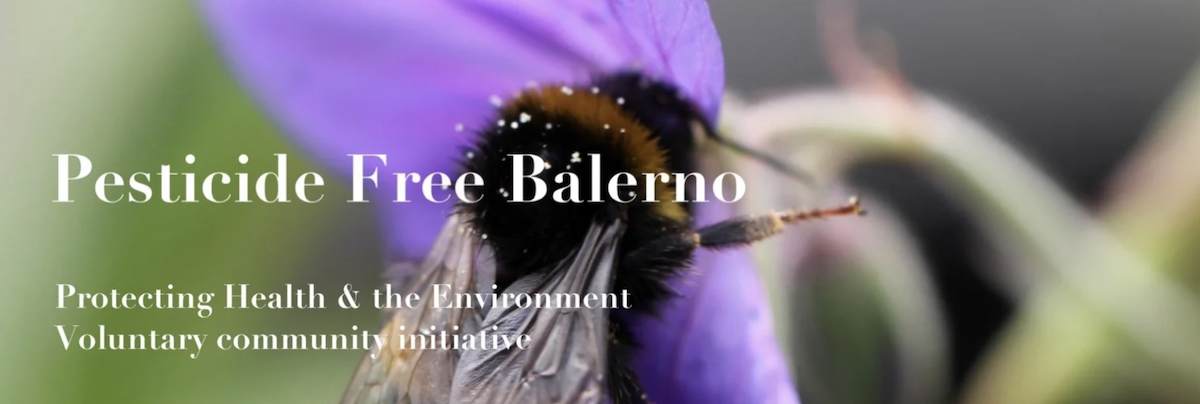Council weeding out herbicides in the capital
The City of Edinburgh Council has agreed to ban the use of glyphosate based weedkillers in the city’s parks in what is regarded as a first in Scotland.
All political parties were in broad agreement at a recent meeting, with the SNP group introducing a requirement to brief community councils on their involvement in any trial areas, the Liberal Democrats keen that there will be no reduction in weed control during the move away from chemicals and the Conservatives asking that the council to continue to consider effective alternatives to using chemicals. The Green Group introduced a requirement that the process is assessed in a year’s time.
All councillors agreed that there is a health and environmental risk to the continued use of the weedkiller, which will however be used exceptionally to control invasive weeds such as Giant Hogweed.
The council uses weedkiller twice yearly with quad bikes or by an operator with a knapsack. Acknowledging the various studies which have found a link between the weedkiller and cancer, the council has finally taken a decision on stopping its wholesale use.
The Scottish Government also encourages local authorities to develop “pollinator friendly pest control measures”. The council said it has used other approaches such as frequent mulching of planting beds and using machinery such as trimmers and weed rippers to control grass growing along the edges of footpaths. While Foamstream was trialled in Balerno council officers advised that it would not be financially viable to adopt this citywide.
Cllr Scott Arthur, Transport and Environment Convener, said: “I’m pleased that there was broad consensus across committee to begin the phasing out of glyphosate-based herbicides in Edinburgh. As Scotland’s first local authority to make such a commitment this is an opportunity to show leadership and set a precedent for more sustainable, safe management of weeds. I am proud of the action we are taking, and hope others will follow us.
“There is substantial evidence linking glyphosate to negative impacts on our wildlife and environment and this is something we can’t ignore. We’re facing a biodiversity crisis and the way we maintain greenspaces must reflect that.
“I also know that many residents will welcome this move as it was mean their children and pets will be less likely to encounter this toxic chemical.
“I appreciate the challenge weeds, particularly along kerb lines, can pose to pedestrians. While we’ll initially continue to use glyphosate to treat weeds on roads and pavements, as well as to tackle invasive species, over the coming years we’ll continue to investigate alternative tools, to the benefit of the city’s ecosystem.”
But the campaign group in Balerno who managed to persuade the council to trial Foamstream remain disappointed.
A spokesperson for the group said: “In 2017 the EU only narrowly voted to license glyphosate again coupled with a strong advisory that use in public spaces should be minimised. The council is well aware of this as it was discussed by us in a deputation in 2020. A ban by The City of Edinburgh Council from 2024 – and that only in greenspaces – is just embarrassing. It is highly insulting to the public they claim to represent democratically It is a diluted version of the very minimum requirement for positive change requested.
“Glyphosate should never have been used there anyway but pesticide applications still continue right outside people’s homes, on the streets and pavements in Edinburgh as well as in playgrounds and parks. Local councillors are aware that this is a KNOWN harmful chemical , it has a level of risk to health and yet no information has been given to the public or operatives nor their consent sought.
“The council have been discussing the discontinuation of pesticides since 2016.
“After numerous reports of residents and pets becoming ill after exposure, support given to the council while they trialled safe methods, and four years of volunteer weeding, we would really expect to see, at the very least, some recognition of this by safe alternatives being introduced into the so called ‘integrated approach’ package now.
“When applications stopped in Balerno, chronic coughs in children and unexplained illness was resolved or subsided and biodiversity increased.If we wait for the council to take steps with their plans we will have no biodiversity left to protect.”
